
In Andy Brand’s article Unusual Fall Perennials, he discusses some out-of-the-box plant picks for this spectacular time in the garden:
“As we reluctantly accept the inevitable and begin preparing our gardens for winter, we can ease the transition by planting selections that provide color and excitement at this time of year. While many gardeners have traditionally turned to mums (Chrysanthemum spp. and cvs., Zones 5–9), goldenrods (Solidago spp. and cvs., Zones 3–9), and sedums (Hylotelephium spp. and cvs., Zones 3–9) to extend the gardening season, many also long for something different.”
Below, you’ll find fantastic perennials that are excellent, but have remained uncommon in fall gardens in the Midwest. Looking for even more unexpected fall standouts? Make sure to check out Andy’s article.
 1. Japanese Yellow Sage
1. Japanese Yellow Sage

Name: Salvia koyamae
Zones: 6–10
Size: 1 to 3 feet tall and wide
Conditions: Partial shade; average to dry soil
Native Range: Woodlands of Japan
A salvia that grows in the shade? Count me in. This plant has become one of my go-to shade perennials, and it gives so much to the garden. It has abundant autumn flowers and large, fuzzy, highly ornamental leaves reminiscent of Turkish sage (Phlomis russelliana, Zones 5–9). The soft yellow flowers are held on 1- to 2-foot spikes. When I say “soft yellow,” I do not mean pale; this is a color that will really brighten up a shady spot. Japanese yellow sage is a good grower, and after a couple years it can get to be 2 feet across.

2. Trumpet Spurflower
Name: Plectranthus effusus var. longitubus (syn. Isodon longituba)
Zones: 6–9
Size: 3 to 4 feet tall and wide
Conditions: Partial shade; average to moist, well-drained soil
Native Range: Japan
Is it Plectranthus, Isodon, or Rabdosia? Whatever you call it, this is a great choice for adding fall color in the shade. To some degree it makes me think of salvias (Salvia spp. and cvs., Zones 5–11); it is from the same family, but it is a little more loose in habit while flowering. The blue-purple flowers appear in early to midfall on 3-foot-tall stalks. Happy plants produce hundreds of flowers, which look divine near a shrub with yellow fall color or maybe combined with Japanese yellow sage. For the best blooms, opt for a spot with light shade rather than deep shade.

3. Pollia
Name: Pollia japonica
Zones: 5–8
Size: 1 to 3 feet tall and wide
Conditions: Partial to full shade; average to wet, well-drained soil
Native Range: Eastern Asia
Because I love tropical plants but do not want to dig the entire garden every fall, I will try any perennial with a tropical vibe. Pollia, with its long, glossy leaves spiraling up 2-foot-tall stems, has a look usually reserved for jungles. In summer, terminal spikes of spidery white flowers bring some brightness to the shady spots that these plants prefer. By fall, the flowers are replaced by exotic blue berries on reddish pedicels. Pollia spreads slowly by rhizomes and a bit by self-sowing.

4. ‘Golden Angel’ Japanese Shrub Mint
Name: Leucosceptrum japonicum ‘Golden Angel’
Zones: 5–8
Size: 2 to 3 feet tall and wide
Conditions: Partial to full shade; moderately moist, rich, well-drained soil
Native Range: Japan
If you need something other than gold hostas (Hosta cvs., Zones 3–9) to brighten up shady spots, try ‘Golden Angel’, the golden-leaved form of Japanese shrub mint. Growing up to 3 feet tall and wide, it can hold a corner of the garden easily. You may grow it primarily for the foliage (as I do), but this plant also has creamy spikes of pollinator-pleasing flowers in early fall. The foliage color will likely diminish but still remain relevant as the season progresses.
Irvin Etienne is curator of herbaceous plants and seasonal garden design at Newfields in Indianapolis.
Fine Gardening Recommended Products
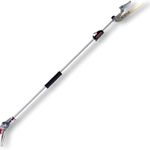
ARS Telescoping Long Reach Pruner
Fine Gardening receives a commission for items purchased through links on this site, including Amazon Associates and other affiliate advertising programs.
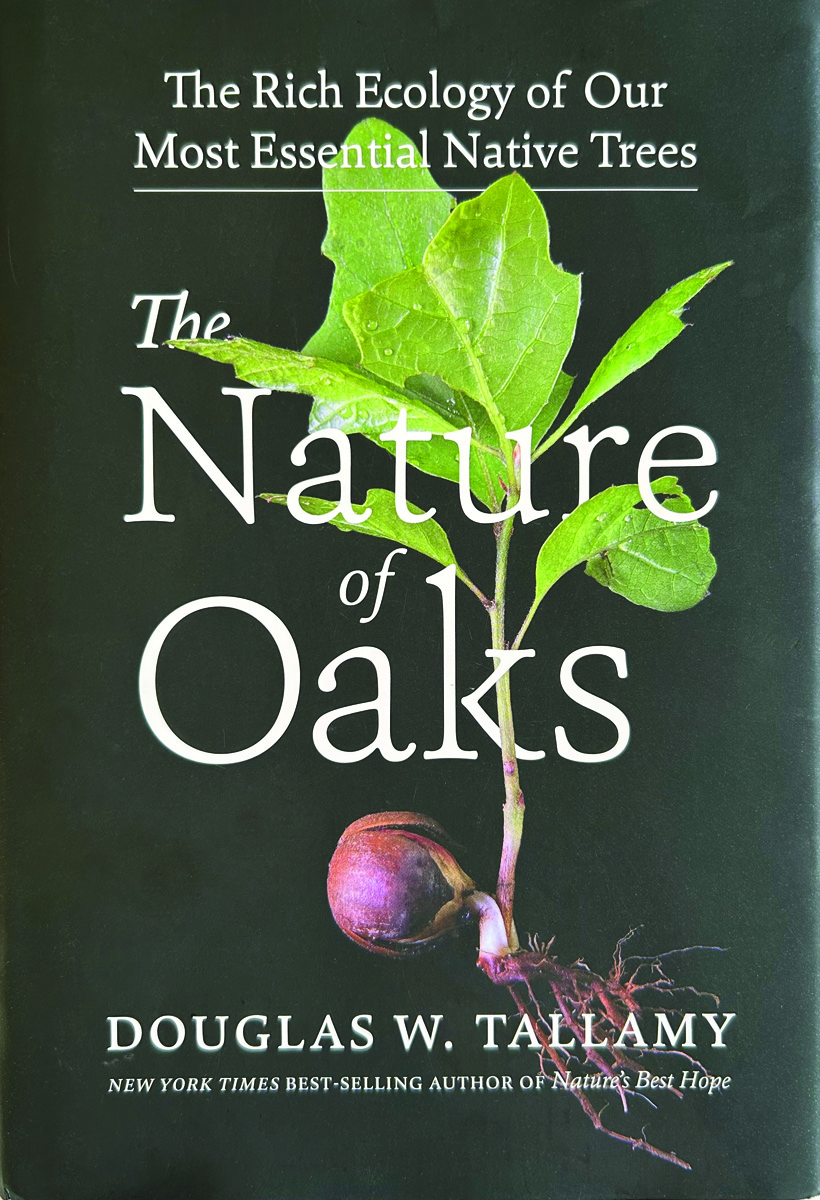
The Nature of Oaks: The Rich Ecology of Our Most Essential Native Trees
Fine Gardening receives a commission for items purchased through links on this site, including Amazon Associates and other affiliate advertising programs.
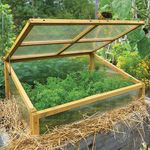
VegTrug Classic Cold Frame
Fine Gardening receives a commission for items purchased through links on this site, including Amazon Associates and other affiliate advertising programs.

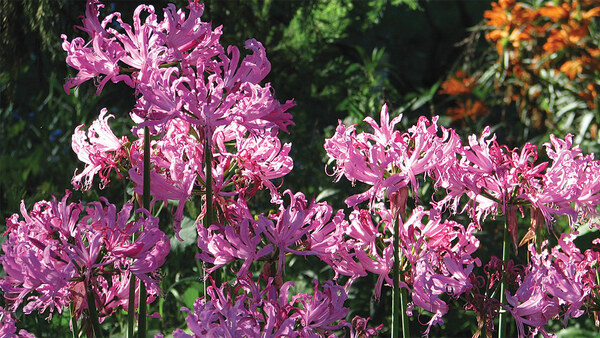
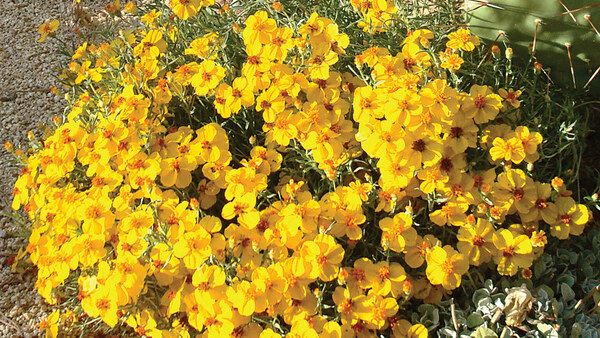
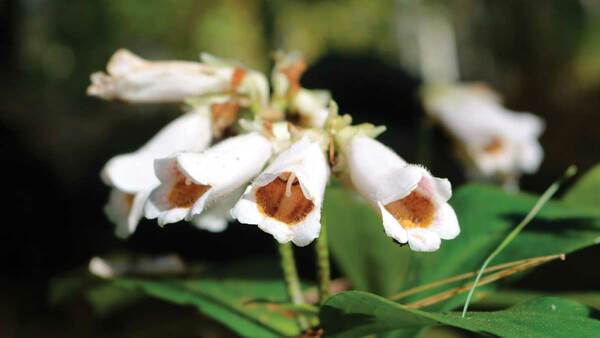

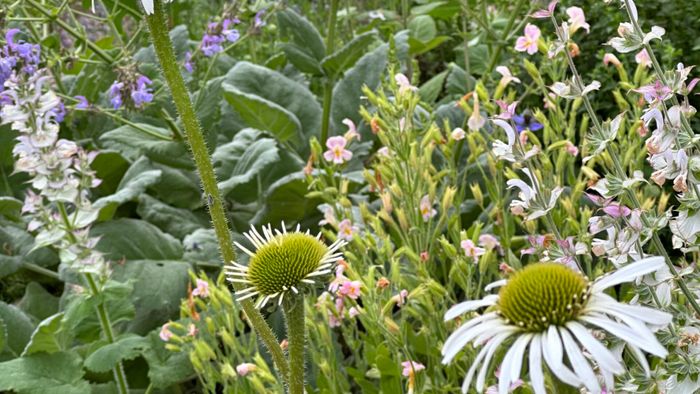
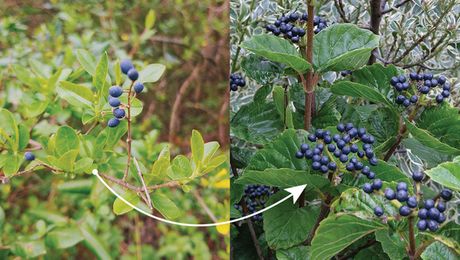
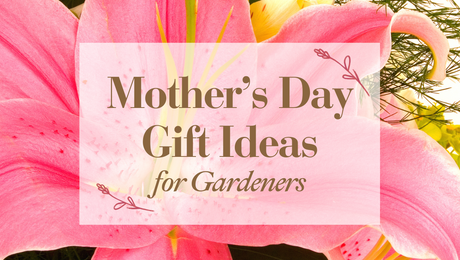










Comments
Log in or create an account to post a comment.
Sign up Log in